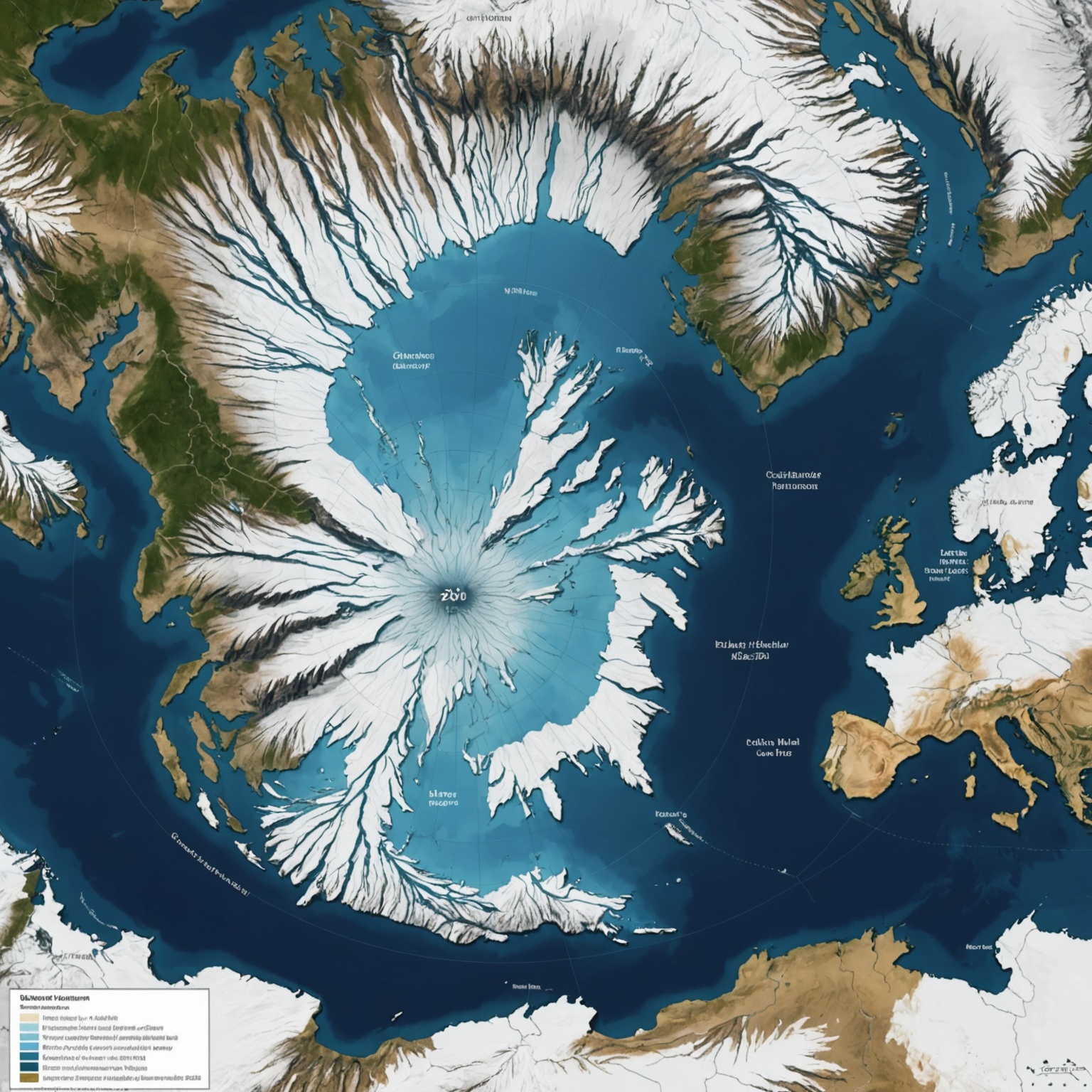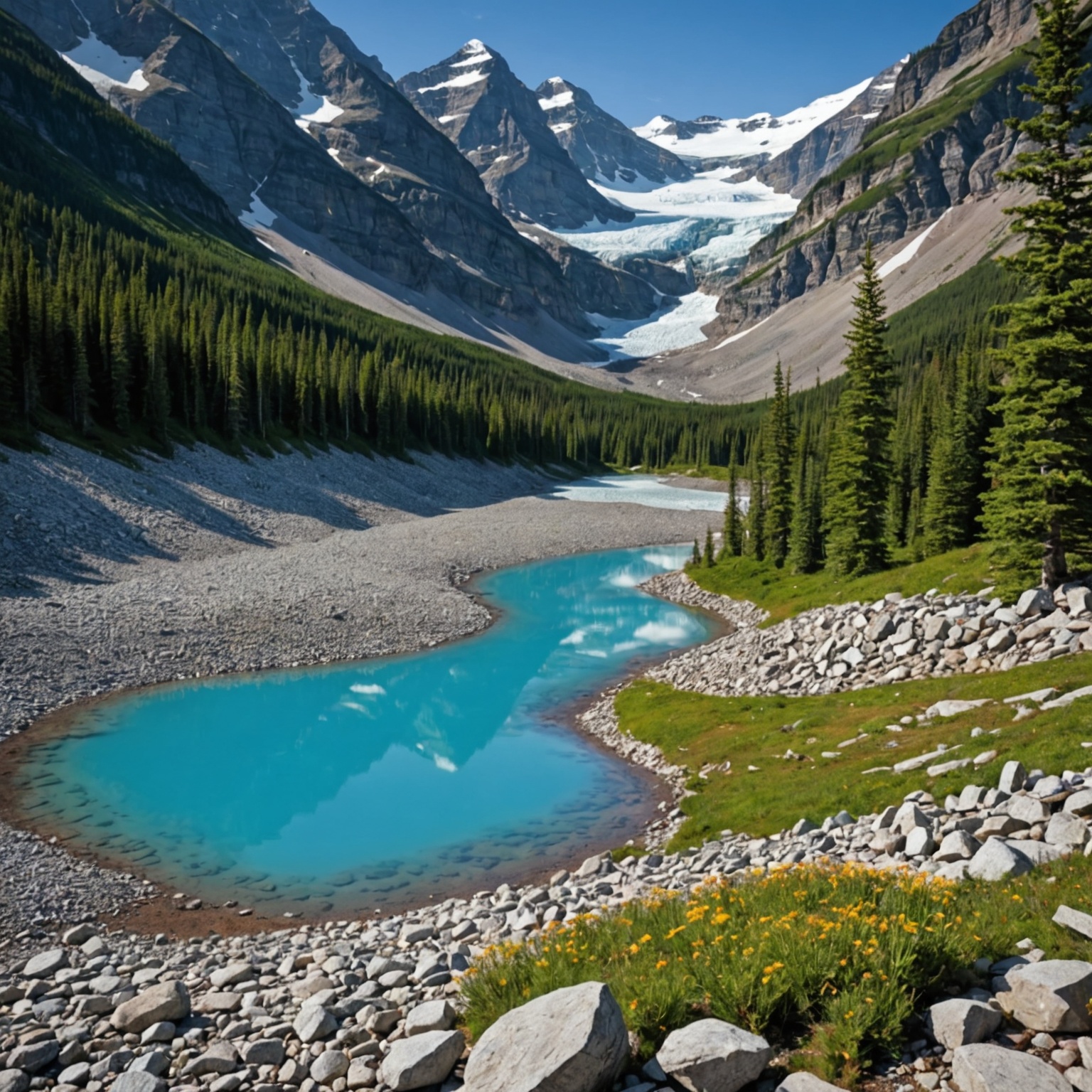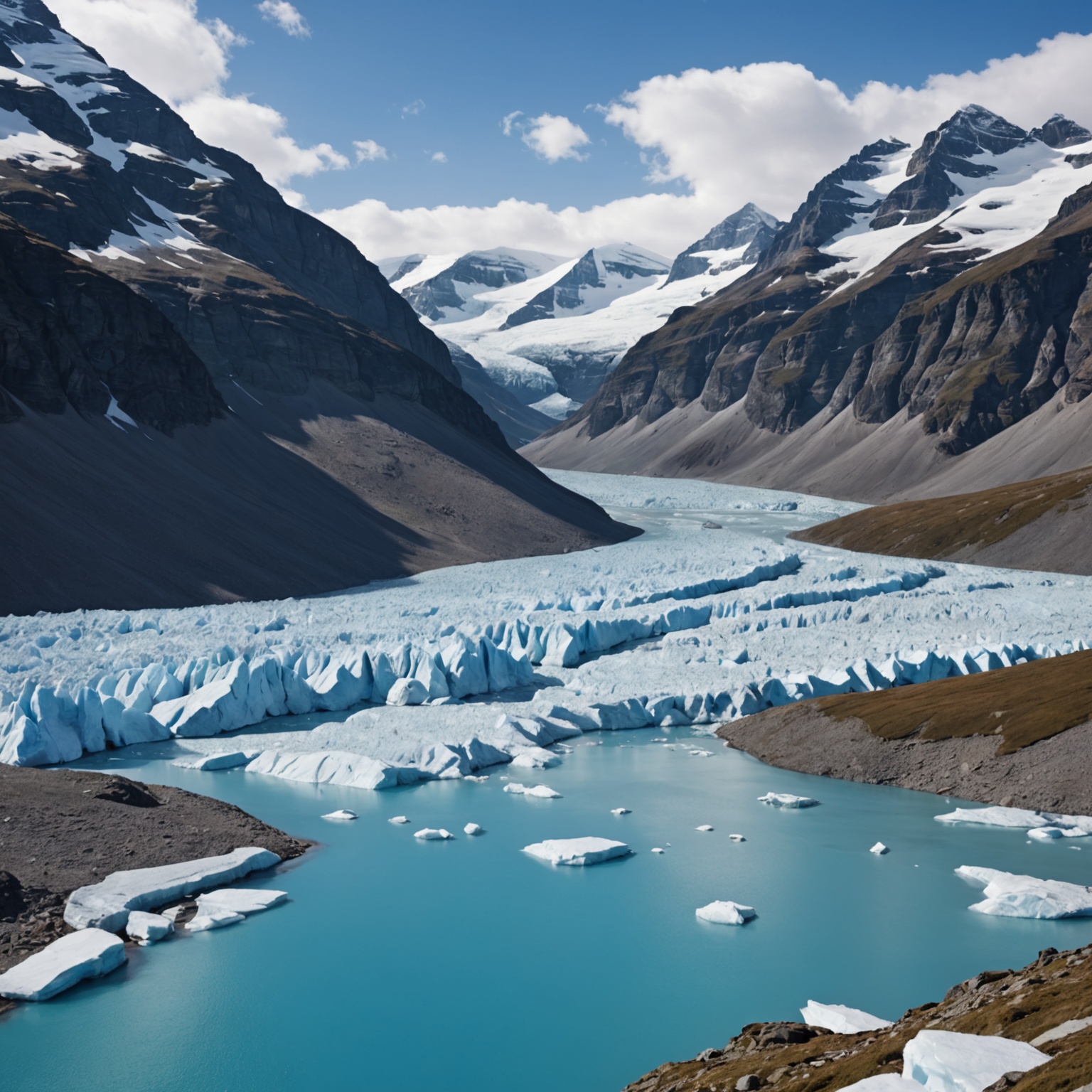The Economic Impact of Receding Glaciers on Local Communities

The Economic Impact of Receding Glaciers on Local Communities
As the world's glaciers continue to retreat, the local communities that depend on them face significant economic and environmental challenges. This article delves into the effects of glacier melt on tourism and water resources, exploring sustainable solutions to these pressing issues.
Understanding Glacier Retreat and Its Global Significance
Glaciers, massive and slow-moving bodies of ice, have been significantly affected by global warming. The retreat of glaciers not only signals a shift in global climate patterns but also triggers a host of ecological and economic changes. This section explores the causes of glacier retreat and its broader environmental implications.

Economic Impacts on Glacial Tourism
Many communities thrive on glacial tourism, which encompasses activities such as ice hiking, skiing, and scenic tours. However, as glaciers recede, the landscape changes, potentially reducing the aesthetic and adventure appeal that draws tourists. This section examines the current trends in glacial tourism and the strategies businesses are adopting to adapt.
Water Resource Challenges
Glaciers are crucial as freshwater reservoirs. As they shrink, the supply of freshwater diminishes, affecting agriculture, hydroelectric power, and daily water usage for millions of people. Here, we analyze how communities are coping with these changes and the innovative practices being implemented to manage water resources effectively.

Case Studies: Adapting to Change
This section presents several case studies of communities around the world that have been directly affected by glacier retreat. From the Alps to the Andes, these stories highlight both the challenges faced and the resilience demonstrated by local economies in adapting to their changing environments.
Future Outlook and Sustainable Practices
The final section discusses the future of glacier-dependent communities and the sustainable practices that can mitigate the adverse effects of glacier retreat. Emphasizing the role of international cooperation and local innovation, it offers hope and direction for the future.








